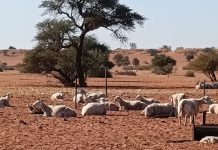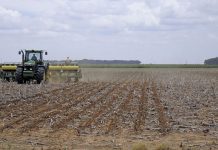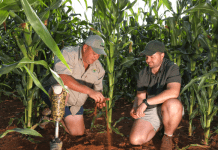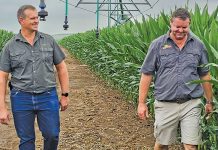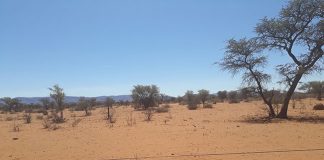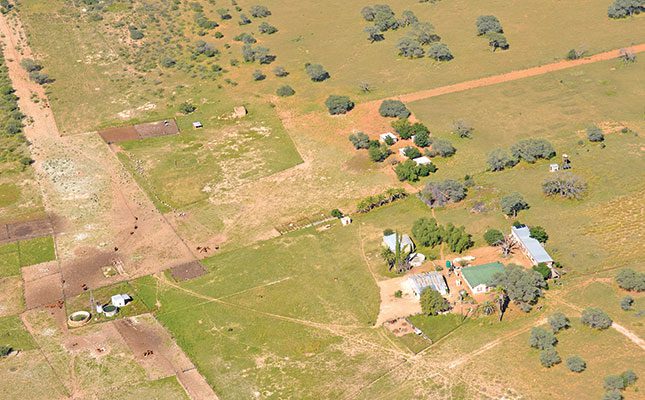
Photo: Wikimedia Commons
Speaking at the World Water Forum held in Bali, Indonesia, Namibia’s Minister of Agriculture, Water and Land Calle Schlettwein said this would have a negative impact on food security, health, hygiene and prosperity.
“As predicted, this will be a recurring phenomenon, albeit more frequent and more severe in magnitude. Overall underdevelopment, debt overburdening and the resultant lack of fiscal space in developing and middle-income economies make required development of water and sanitation infrastructure in those countries more difficult, if not impossible,” he stated.
According to the latest UN World Water Development Report (2024), about 3,6 billion people globally remained without proper sanitation, and around 2,2 billion did not have access to clean water. Most of these people lived in developing and middle-income countries. To change these shocking statistics a significant change in priority setting for funding was required.
“Funding will have to stand away from additional borrowing and debt towards more sustainable blending; away from war towards water and development, from conflict towards managing common resources peacefully, from harsh wealth disparities towards shared prosperity,” Schlettwein said.
According to him, desalination, more efficient irrigation, reclamation, and better wastewater management were a few of the less costly innovations and technologies that needed to be pursued. Schlettwein stated that water was life and access to it was indeed a human right.
“Namibia relies heavily on water from shared watercourses and groundwater aquifers, and so do our neighbours. We therefore actively co-operate with our neighbours to jointly manage and develop these resources. Namibia believes that transboundary co-operation will lead to peace and prosperity among nations and lead to accruing of fairly shared benefits,” he added.
Schlettwein emphasised that it was vital for Southern Africa and Africa to move towards regional and continental integration.
“Not only for our immediate future, but even more so the future of our children and future generations. They will depend on how we address the imminent water crisis and manage the enormous funding gap to solve it.”

